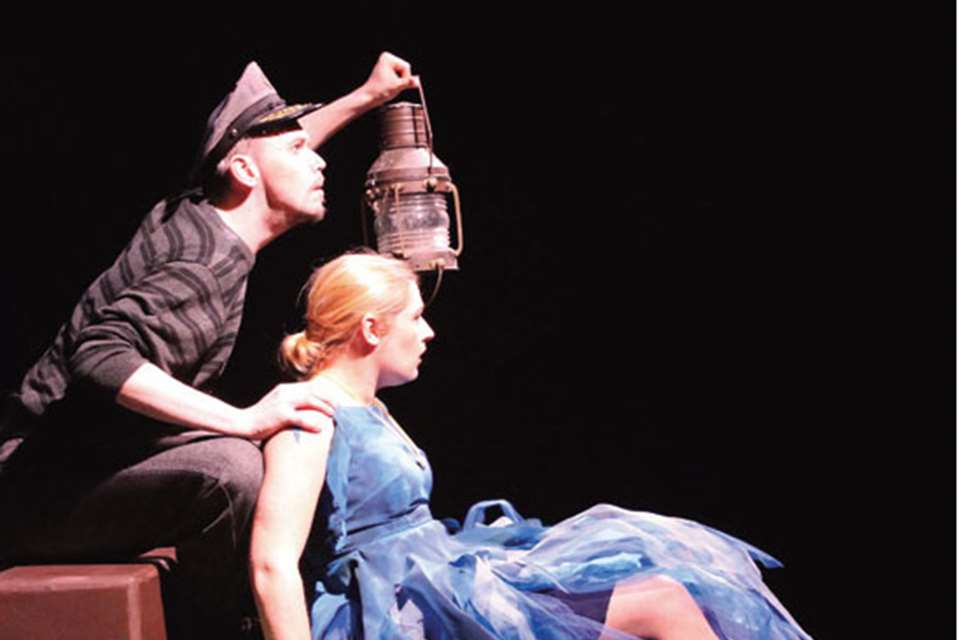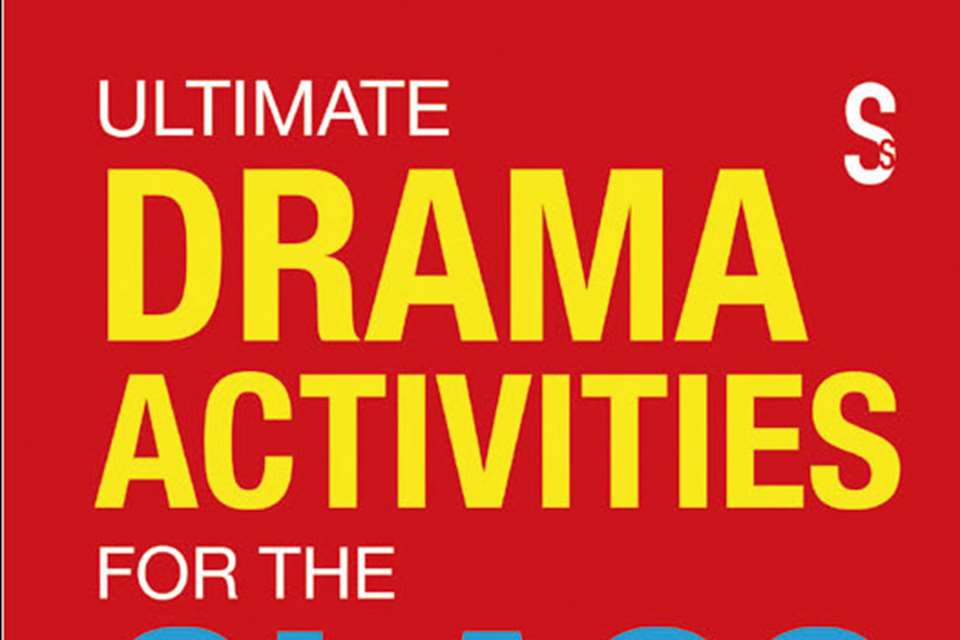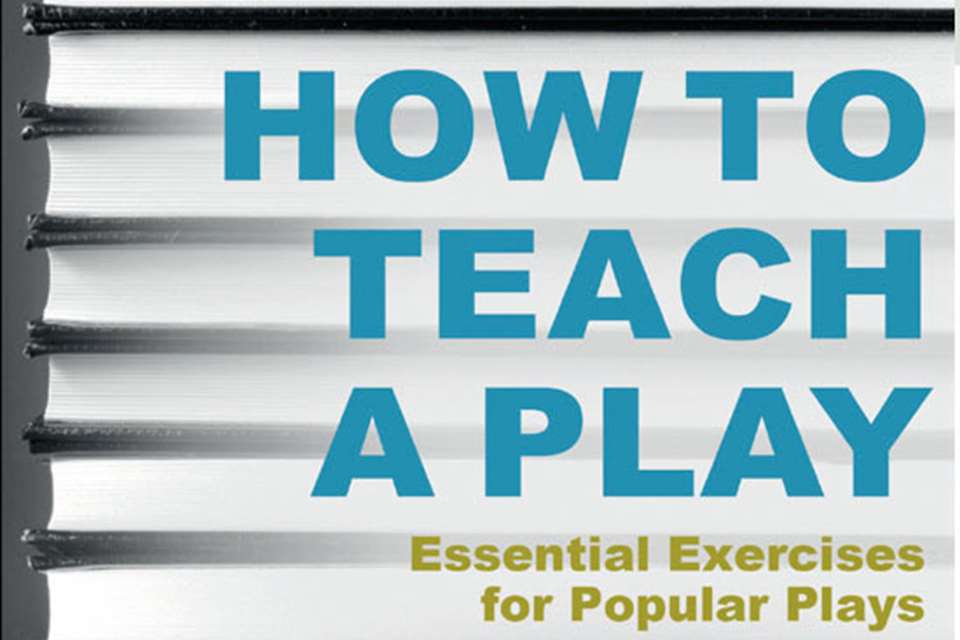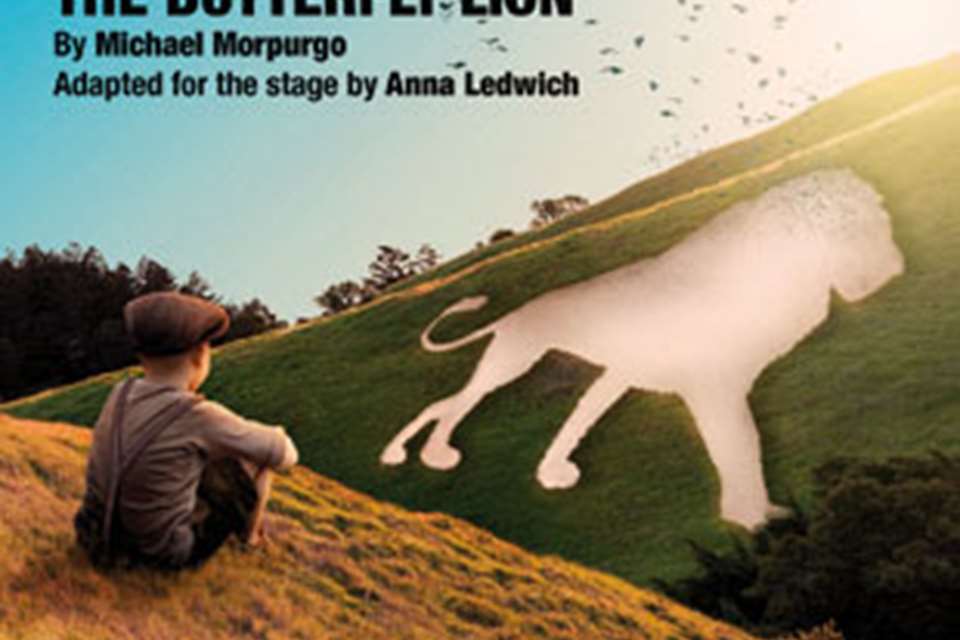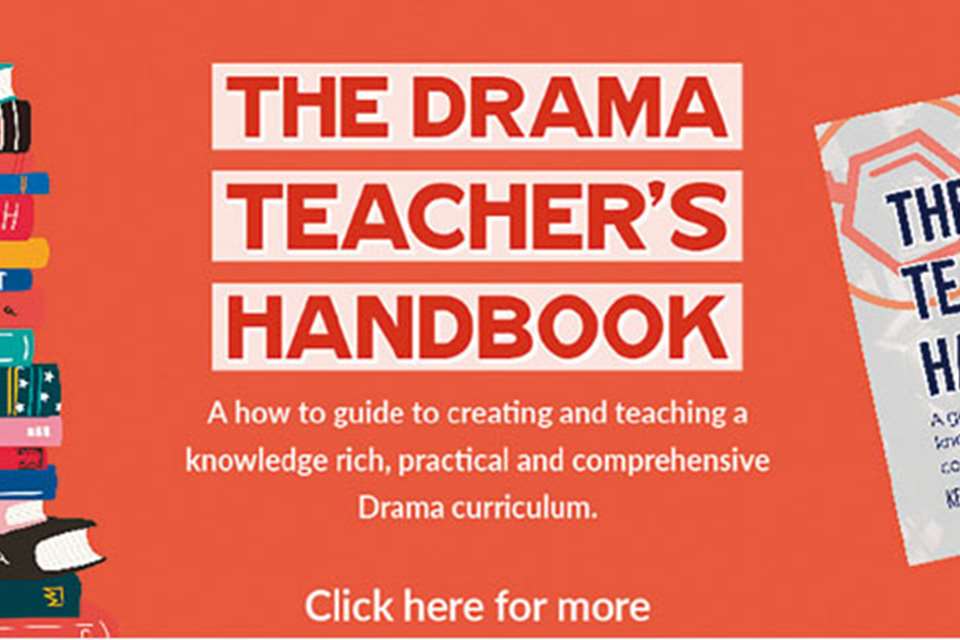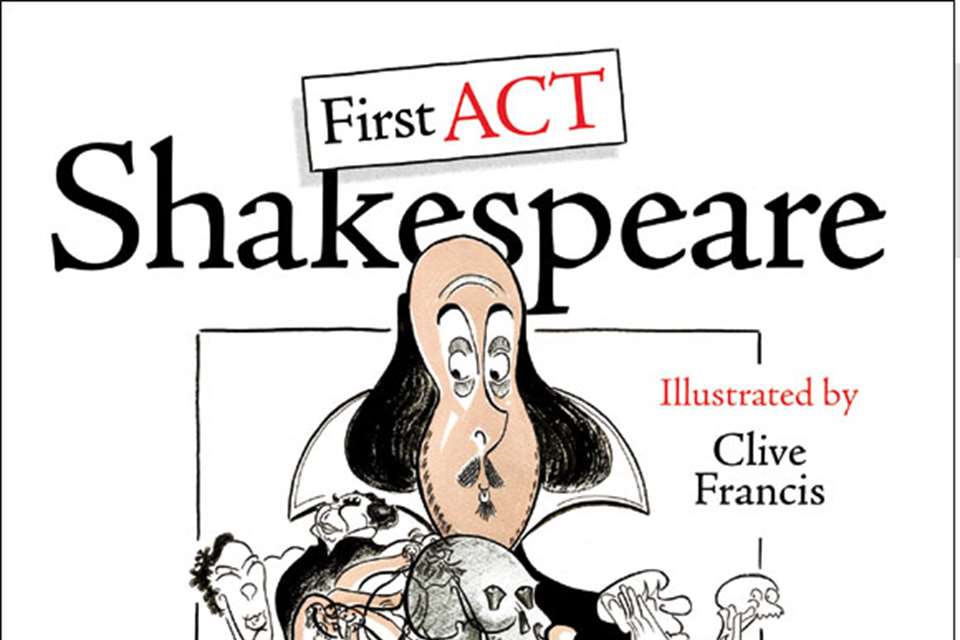Book reviews: What country, friends, is this?: Directing Shakespeare with young performers
Ali Warren
Wednesday, December 1, 2021
A potentially useful addition to your Shakespeare library, especially if working with older students
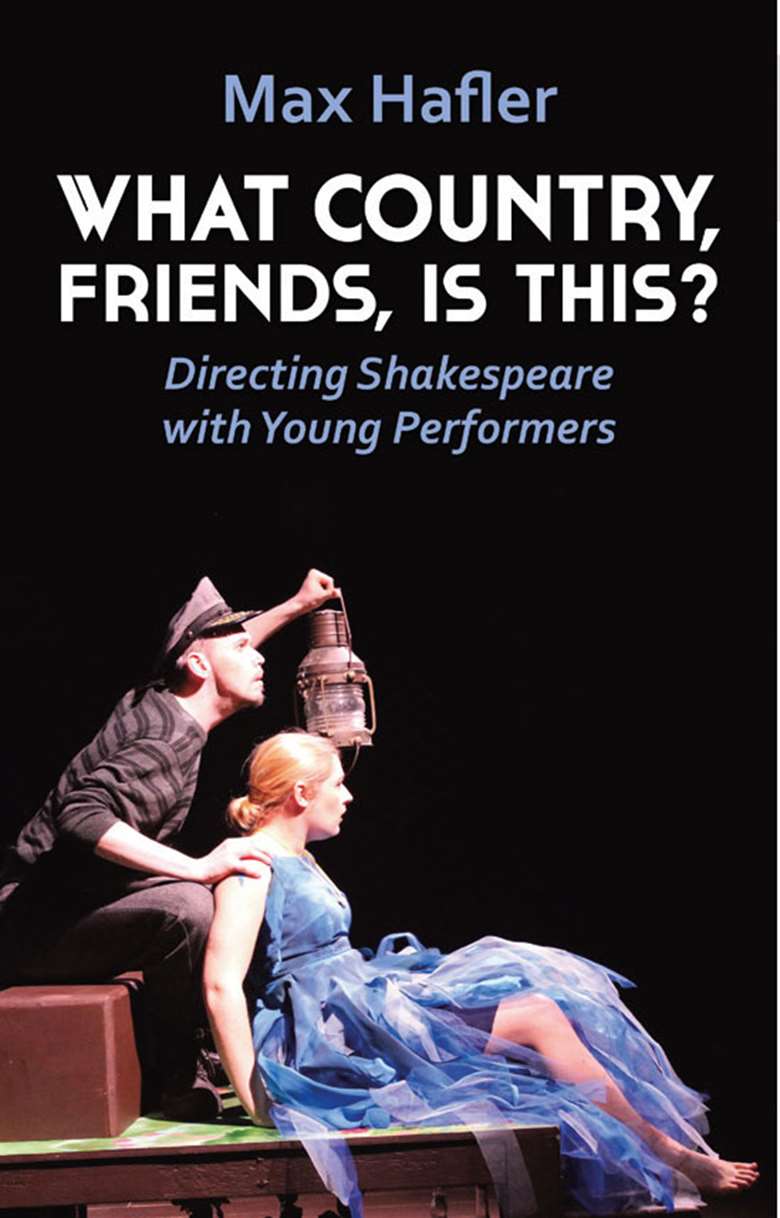
This book arrived on my desk at an interesting point. I have gone back into rehearsals with students for the first time since the pandemic began – and the piece I am working on is Shakespeare! So, I opened the covers eagerly looking for inspiration and motivation.
On the whole, I wasn't disappointed. Hafler's book is laid out clearly, making it easy to find ideas and techniques that are well explained. It isn't really a book that you can grab off the shelf as you head out of the door to a rehearsal; the practical ideas require reflection, but there are some real nuggets of good practice here. The sections on devising using Shakespeare as a base have some interesting activities, and there is good advice on developing work on and off text if you are faced with a whole Shakespeare play.
There are some limitations. Firstly, the book's title is slightly misleading. The ‘Young Performers' being considered here are not Key Stage 3 or maybe even 4; the exercises assume a very mature rapport between group leader and the company, and are certainly not for young performers who are not yet used to a rehearsal room.
Equally, a great deal of the activity is drawn from the work of Michael Chekov, a nephew of the playwright and a student of Stanislavski. It focuses on the idea of pyscho-physical awareness and developing language and imagery through the body. You don't need to be familiar with Michael Chekhov's work to be able to use this book but it is a particular approach that might not be for everyone.
It is very clear that Max Hafler knows his stuff and he writes with a confidence that makes the reader feel that these ideas are worth trying. I have picked out a few things which I am going to use in my ongoing work on A Midsummer Night's Dream but I am aware that my selection is careful and very specific to the needs of my company of 13- and 14-year-olds.
If you are working with sixth formers, or older, or a company you have worked with often, this book may refresh some of your practice. If you're working on The Tempest with Year 7, there probably isn't much here to offer you.


